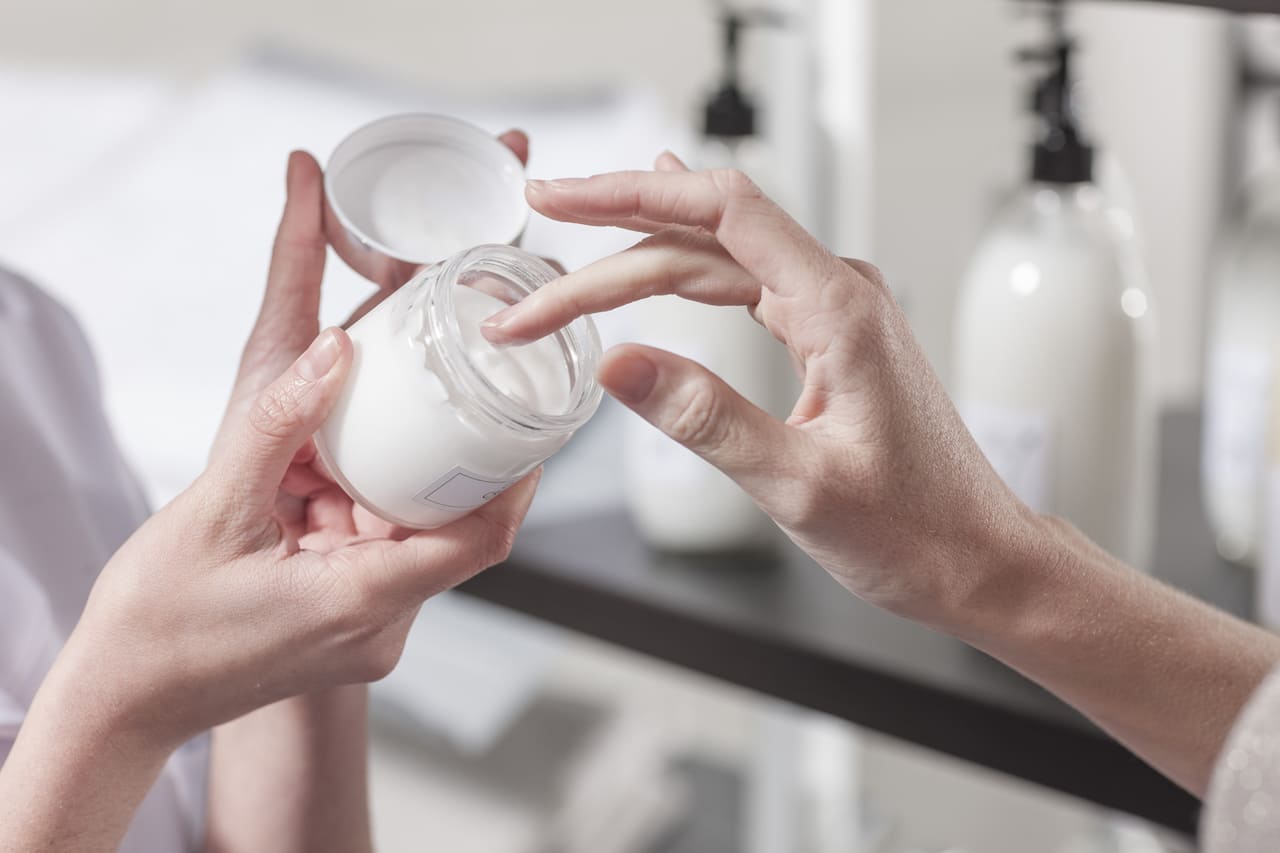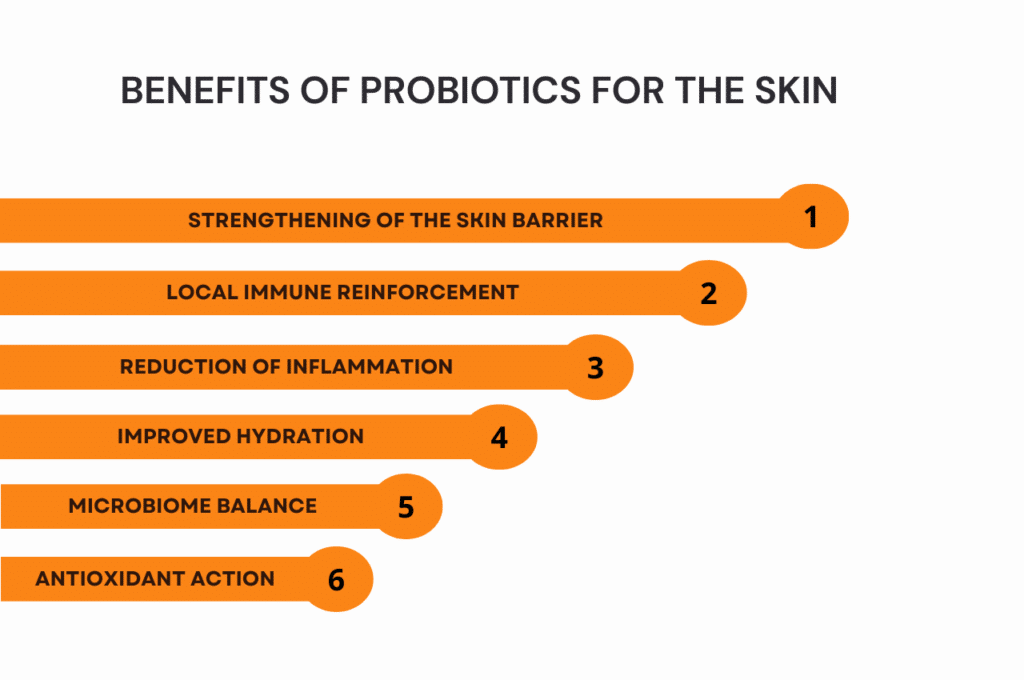Subscribe to our newsletter
- R&D&I Programmes
- Technological Services
- Consultancy Services
- Laboratory Services
- Training and Events
- Sectors




Daniel Rivera
Ingeniero químico por la universidad del País Vasco y Master en Ciencia e Ingeniería de los alimentos por la Universidad Politécnica de Valencia, toda mi actividad profesional ha estado ligada a la industria química en diferentes sectores. Desde minería y metalurgia, hasta alimentación y cosmética. Desde que formo parte de AINIA, en 2007 he trabajado en investigación aplicada en el desarrollo e implementación de procesos industriales. Inicialmente centrados en tecnologías de micro y nanoencapsulación, y mas recientemente en purificación, concentración de activos y tratamiento y reutilización de aguas. Mi motivación siempre ha sido poder ver nuevos productos reales en el mercado gracias a la ImasD.


| Responsible | AINIA |
| Address | Calle Benjamín Franklin, 5 a 11, CP 46980 Paterna (Valencia) |
| Purpose | To attend to, register and contact you to resolve the request you make to us through this contact form |
| Legitimation | Your data will be processed only with your consent, by checking the box shown on this form |
| Recipients | Your data will not be transferred to third parties. |
| Rights | You have the right to request access to, correct or delete your data. You can also request that we limit its processing, oppose it and request the portability of your data by contacting our postal address or [email protected] |
| More info | You can find more information in our Privacy Policy |
| DPO | If you have any questions about how we will treat your data or would like to make any suggestions or complaints, please contact the Data Protection Officer at [email protected] or at the Data subject support form |
I consent to the use of my personal data to process my request, as set forth in your Privacy Policy
I consent to the use of my data to receive information and commercial communications from your entity.
